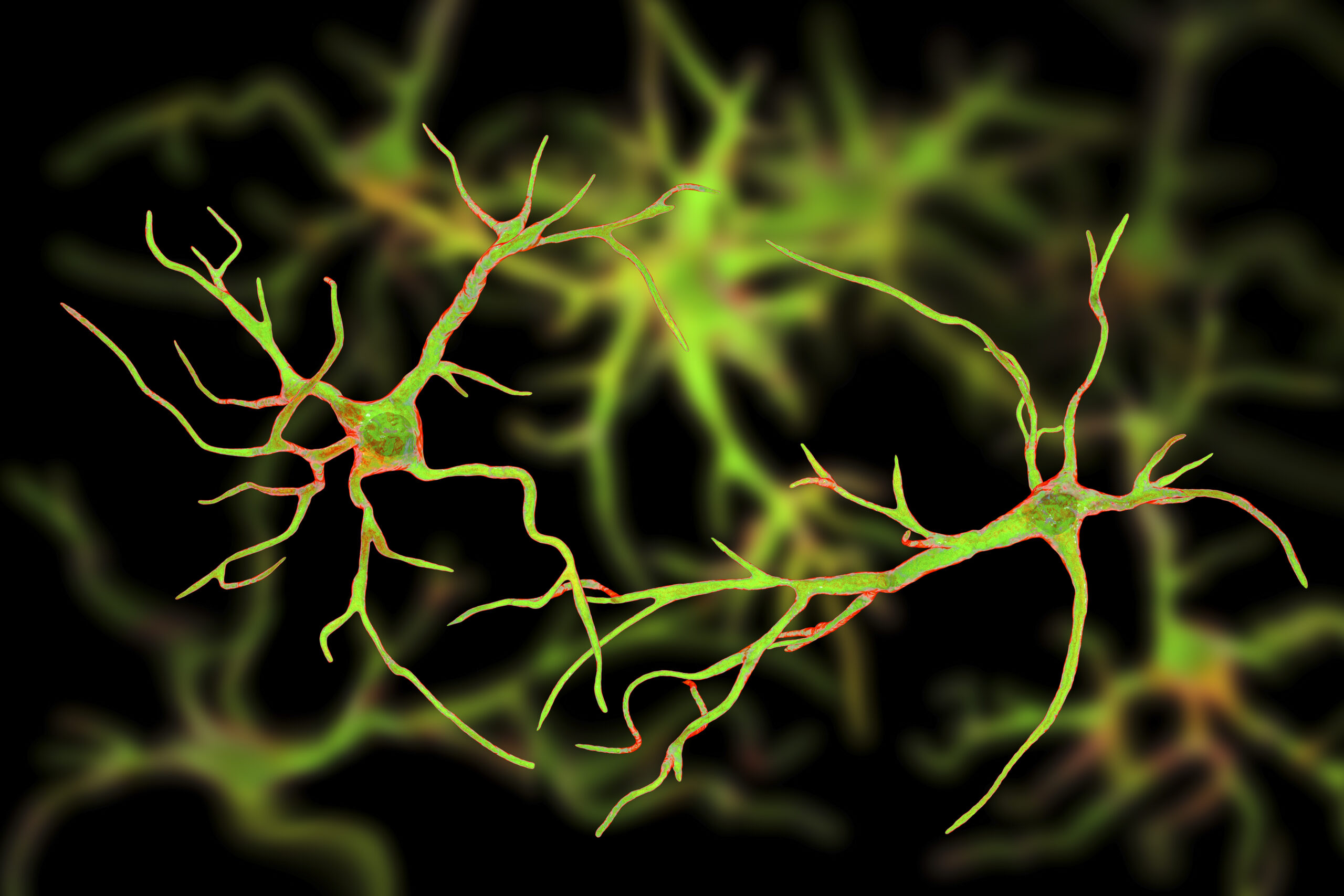Obesity “Dismantles” Mitochondria
The rates of obesity have nearly tripled since 1975, this alarming shift has resulted in a worldwide epidemic. Most certainly lifestyle factors such as diet, nutrition, exercise, physical activity, and sedentary time play critical roles in both the development and progress of obesity, but scientists have to understand that obesity is also associated with intrinsic …










